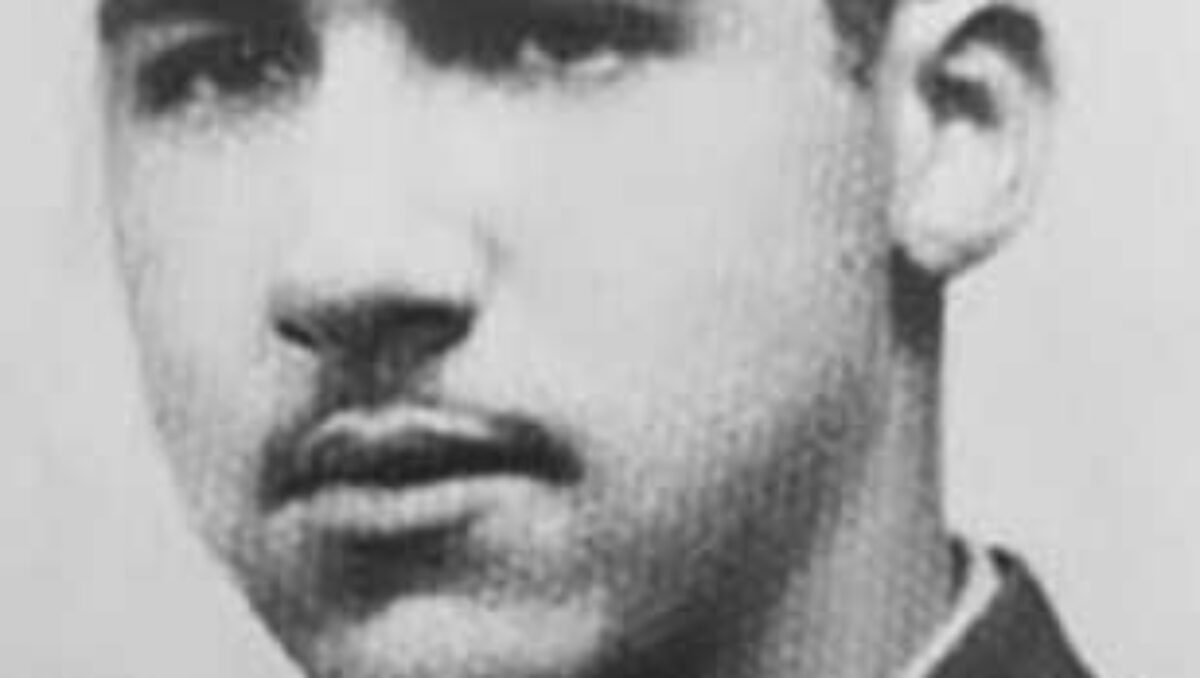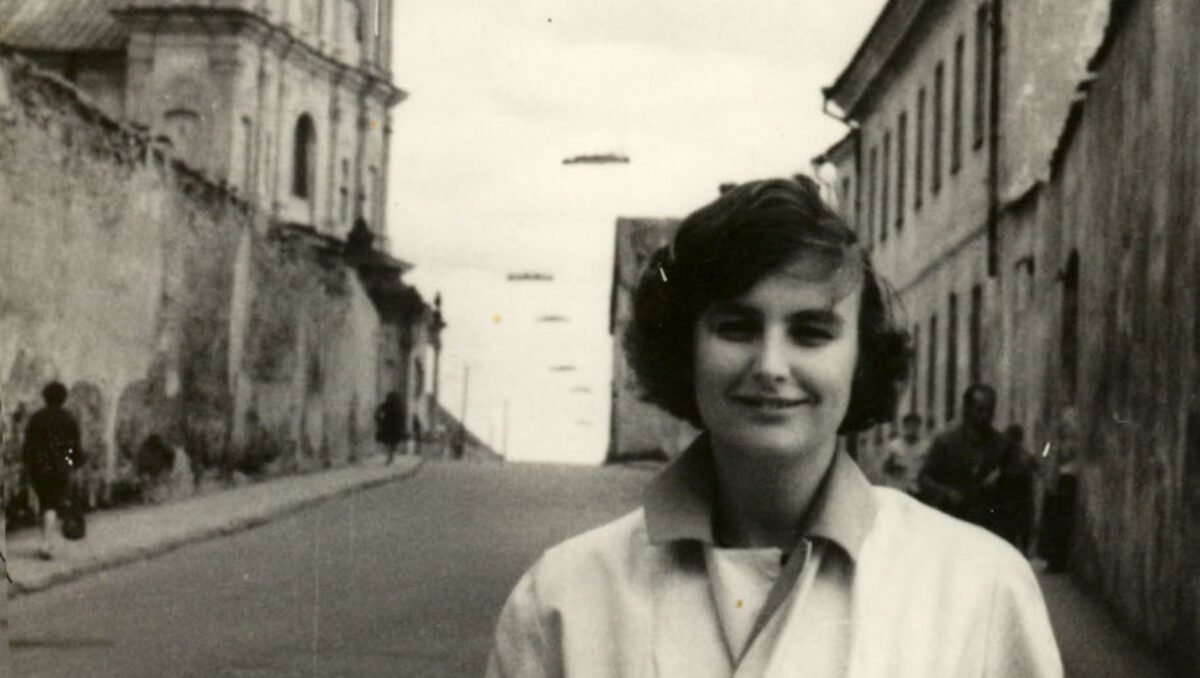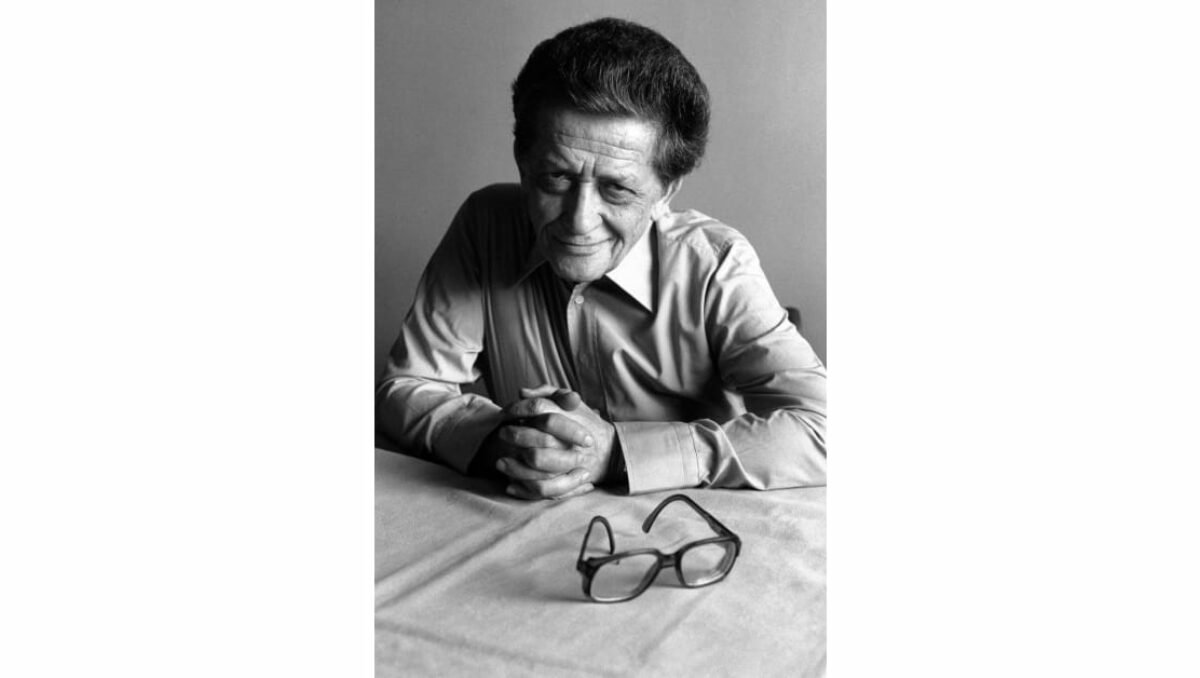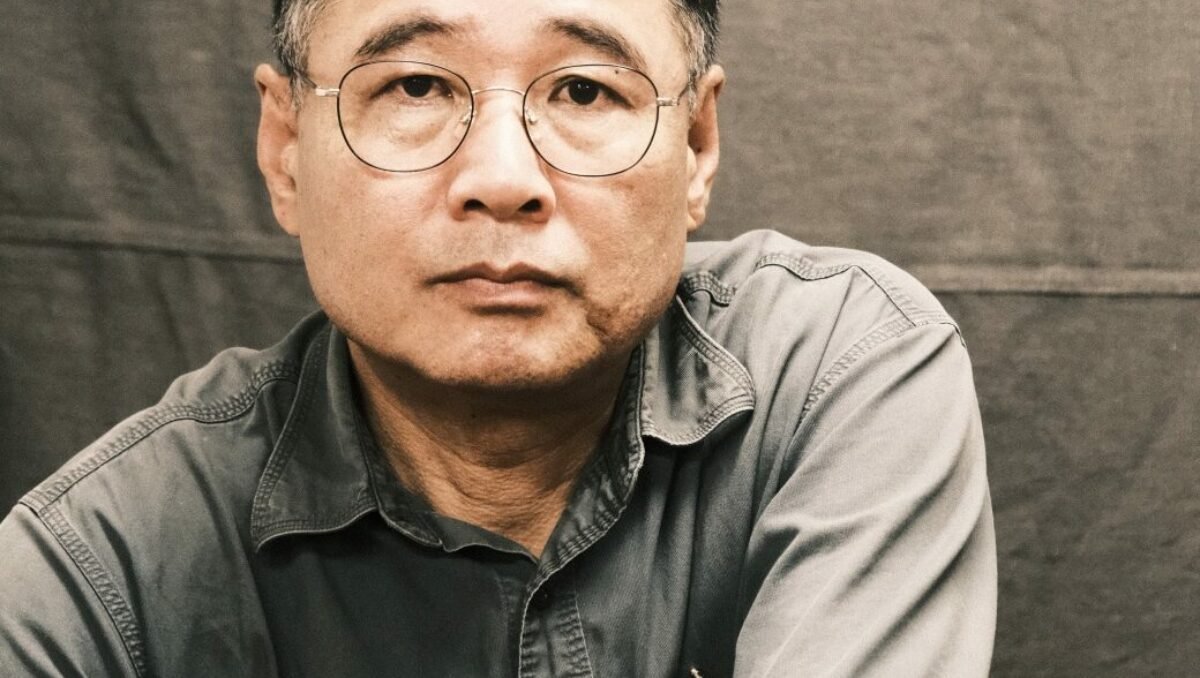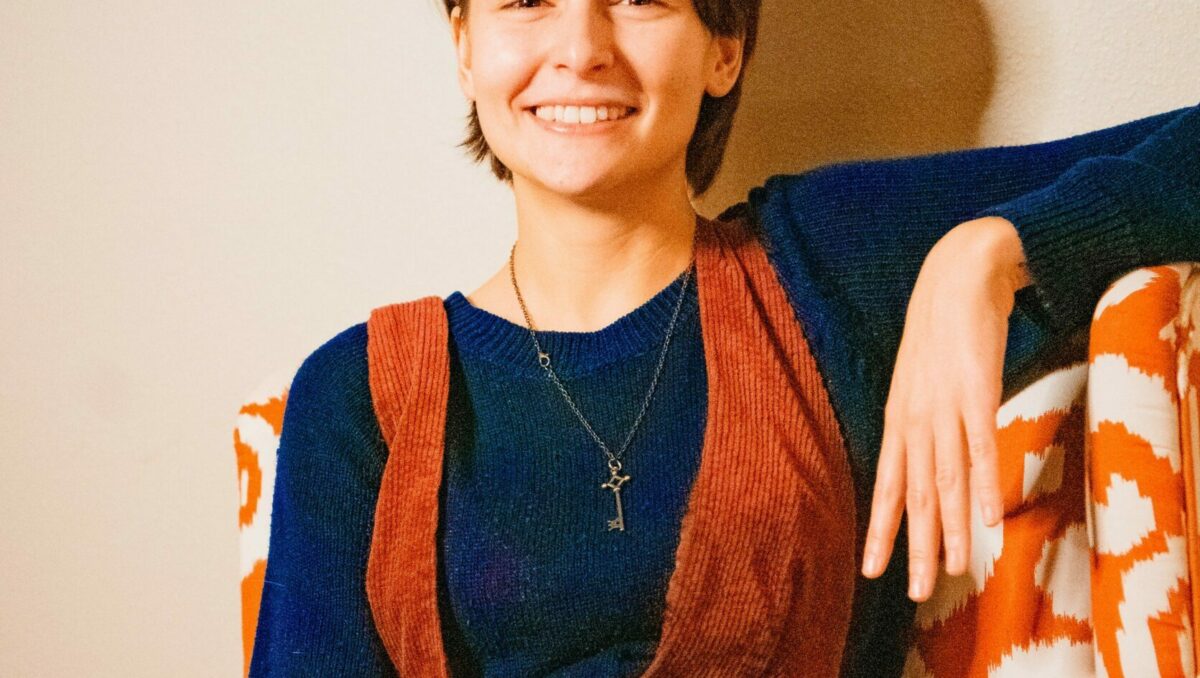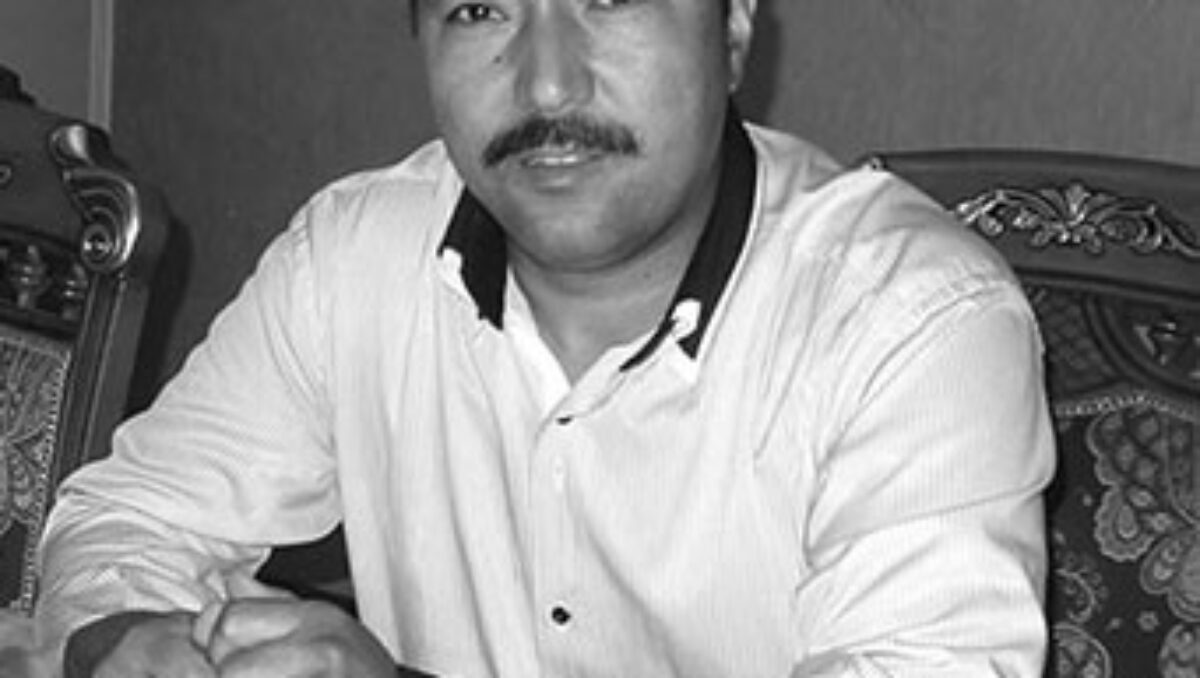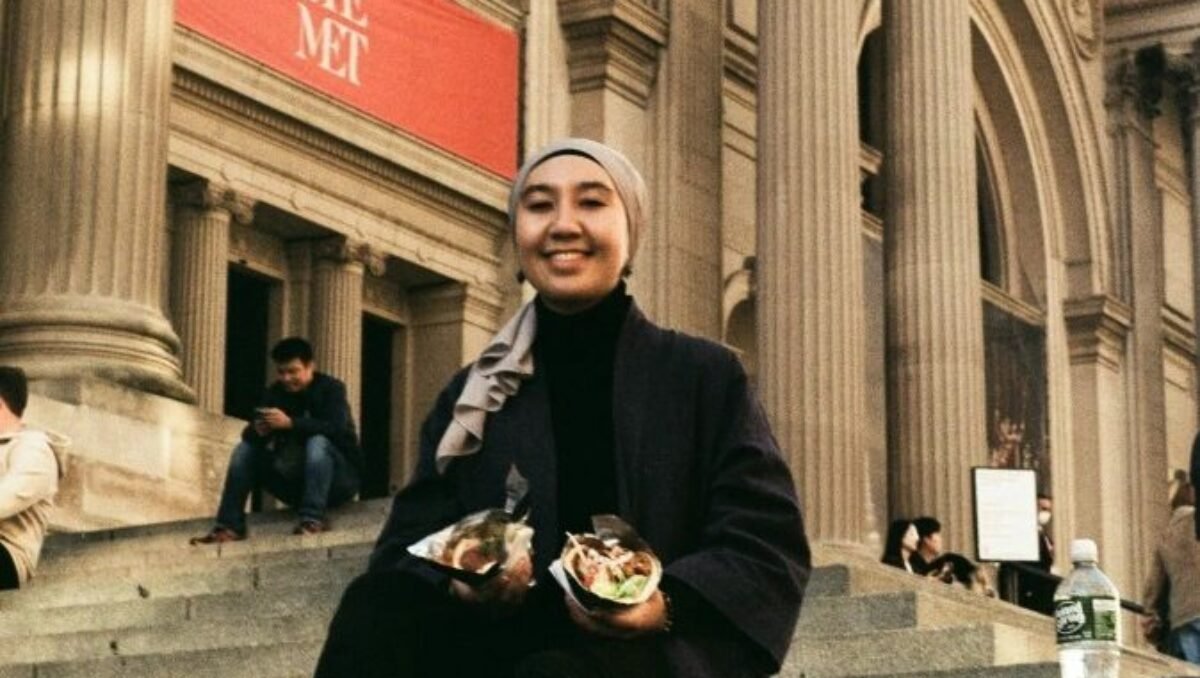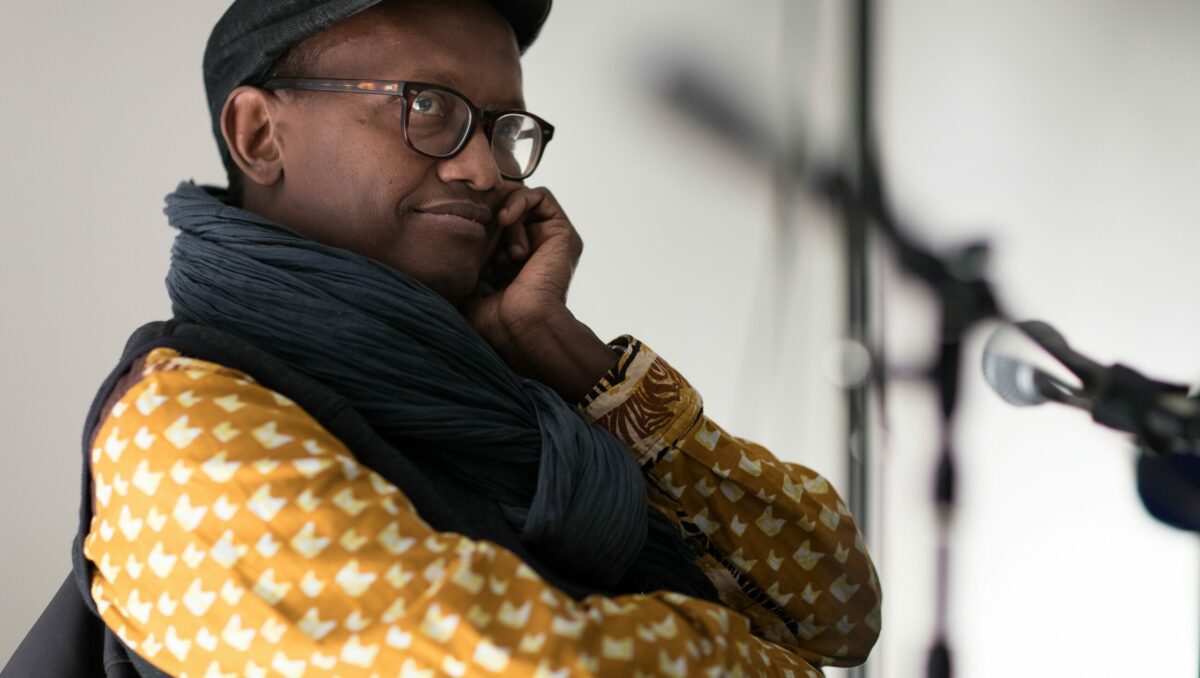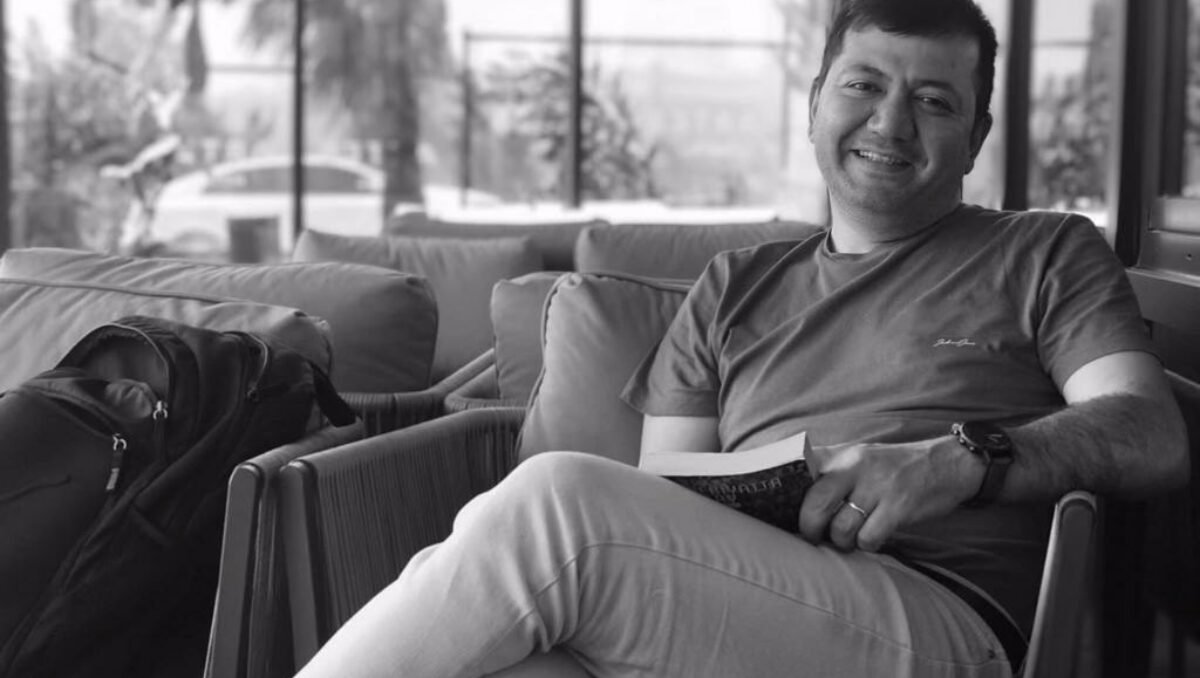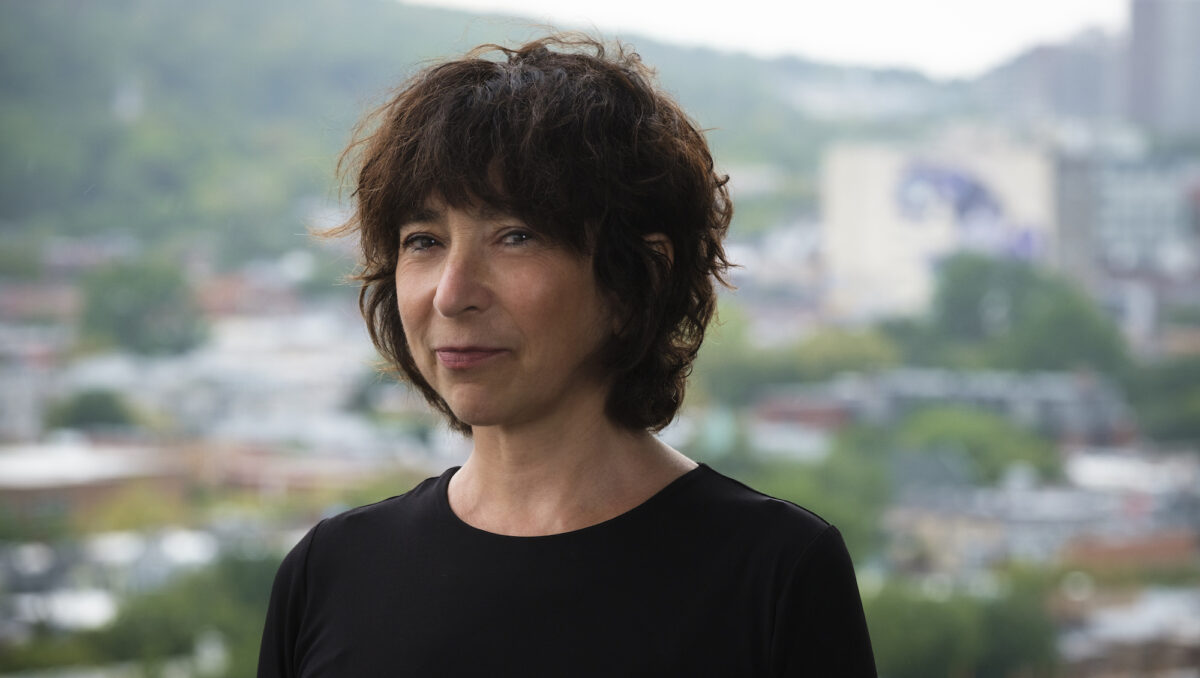SONG FOR AMERICA by Jacques Viau Renaud trans. Ariel Francisco
America, sitting atop the night’s shoulders
singing in the faces of the hungry
deciphering the language of sadness
measuring the modulation of hatred in our children’s stomachs.
America, they’ve stolen your joy
destroying the muscles in your face
tied your heart to the vigil
where thousands of beings wander
inhabited by death,
a death we drag since men, from beyond,
buried his sword, before your name on this earth.
And the dirt
and the mold
and the mud
of our sun-threshed life.
America, get up America
shake off the dust and rust inside you.
America reborn
reborn America
American men,
American women and children
listen to the tremor rumbling from the Antilles
from that stone peak giving birth
to the voice of a child singing from a tiny island
from the hammering of the scaffold
whose shoulders are built from the blows of cackles
and courage
the pure orb of “American love.”
Listen
a new howl fills the sails of America
dragged by the enemies of man
capitalists,
proxies of the temples and Bibles
in the courts of peace and death
so the truth does not burn Bolivia into thirst,
strangled with a clay cord
the heir of the Inca’s
dead on an eternal bonfire
so the light won’t awaken the sleeping quetzal
atop the ruins of aboriginal silence,
to Chile, long and vibrant,
a spear pierced through the heart of an Araucanian;
to Central America
massacred by dynamited bananas,
to Venezuela
where the capital houses their steepest gallows
and the hosts of love are an impenetrable bastion.
To Brazil with large land and few people
adorning their rags with diamonds
tears on the soldiers lapels
while in Argentina and Paraguay
blood clots hang from the commanders medals
and from chimneys rise the stench of crushed meat.
Oh America!
Now without sail
without compass
bent from hunger
bitter fruit fallen
from a shadeless tree
under whose ruined structure
the American licks the back of sadness.
Oh America!
Piece of the dissected chant,
America, America,
reborn America
burdened men of America
light your bonfires
and march towards the light that guards history.
March
inheritors of blood
Colombian cowboys
with their enormous stomachs
where sunflowers bloom.
Natives of Peru
and Ecuador sleepy with coca
raise the ancient face of purity
and tell your secrets.
And you, Puerto Rico
nailed to the jaws of hatred
small lump of sugar plagued by vermin
slow assassination
crushed between masses of metal and glass.
Oh Puerto Rico
I love you more than any other American homeland
because you permanently inhabit the cry
I love you
I love you
I love you from Santo Domingo
dismembered corpse
shout parted in two
but born of a single throat
from a single anguish,
alone.
Oh America
piece of the dissected chant
with a luminous morning
built by the guerillas of love
who have their widest smile in Cuba.
Oh America
for you so many men fight
for you they die
how much love must be housed
to die for you
for an America not yet born
and won’t be for some time.
Americans of the new gospel
hold in your hands
our heart’s clamor
raise high our cry
tighten the knots that tie us to tenderness
the infant dawn of a smile
tied with your veins
wet with your blood
purified by your cry.
Americans of the new gospel
raise high our cry
so it survives the flood
because it will give birth to generations of happiness
an ample mankind
large as the smile of the proletarian sunrise
forever seedlings of vigor
of spilled love
while life edifies
over the debris of a past life.
Americans of 1963, of this century
evangelizers of the new world
raise your heads
raise them high
to see from afar this land that constitutes our future.
With our remains:
with our hands and bones
with our organs,
with all our being,
with this burdened life,
built to survive,
see it
and do not faint
because we are tomorrow’s fire
the eternal youth
the gesture of those who love
giving everything
taking everything
for this life submerged in your voices.
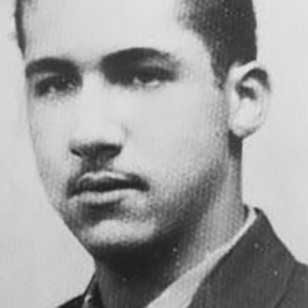
Jacques Viau Renaud (1941—1965) was born in Haiti and raised in the Dominican Republic following his father’s exile in 1948. During the Dominican Revolution of 1965, he joined the rebel forces in support of ousted president Juan Bosch, fighting against the US backed dictatorship. He was killed in battle at age 23.
- Published in ISSUE 28, Translation
THE PIER by Judita Vaičiūnaitė trans. Rimas Uzgiris
Your torn white shirt lies
drying on the anchor.
In the hush of my cheek
I feel your gypsy hair, while husky
voices echo across the water
and through night’s rusting gear.
Palms timidly touch
the still aching secret scars.
Dawn breaks, and in its light
I can see your heart in your eyes,
waiting for me like treasure received…
O dawn – of boundless brutality and beauty!
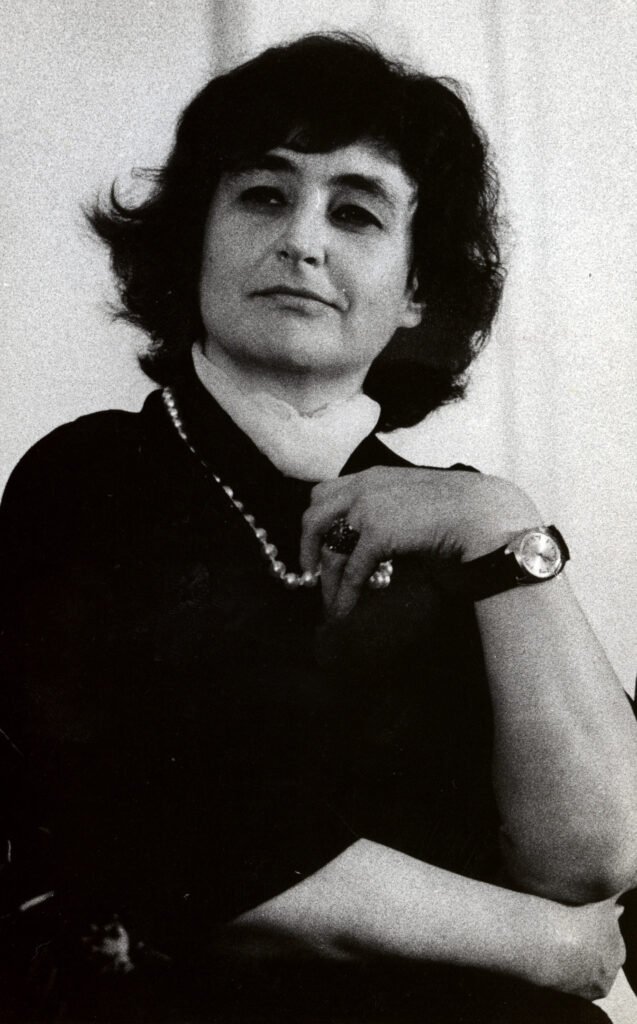
Judita Vaičiūnaitė (1937-2001) was one of Lithuania’s leading poets of the second half of the twentieth century. She graduated from Vilnius University in 1959, and spent most of her life in Vilnius. She published over twenty books of poetry, as well as translations of poetry, poetry books for children, and plays. She worked as an editor for several leading literary journals in Lithuania. Her poetry has been translated into English, German, Russian and other languages. Shearsman Books (UK) published a selection of her poems in 2018: Vagabond Sun. Her work has garnered numerous prizes, including the Lithuanian Writer’s Union Prize in 2000, and the national award of the Gediminas Cross in 1997.
- Published in ISSUE 28, Translation
TWO POEMS by Stefano d’Arrigo trans. Joe Gross
WHEN MEEK & THUNDEROUS
When meek & thunderous
spring makes its mooring
& the heart wanes in wax,
honeycomb homilies
flit from fin to wing
of migrant fish & birds
wearing whispers of your name;
we imagine you, because it’s true,
your destination, too, is mystery.
OH IN ITALY A MEMORY
Oh in Italy a memory of the women
who turtledove-strut the windowsills
suddenly thresh their thighs
pulverizing poppies in secret
red petals of their Saracen dresses
fluttering like lustful oriflamme
in defense of the footsteps scrawled
over the island’s wind-worn cobbles.

Stefano D’Arrigo (b. 1919, d. 1992) was born and raised in Alì Terme, Messina, Sicily, but lived and worked in Rome as an art critic much of his life. He is the author of the poetry collection Codice siciliano (Sicilian Code, 1957), the epic Horcynus Orca (1975), the novella Cima delle nobildonne (Noblest of Noblewomen, 1985), and Il licantropo e altre prose inedite (The Lycanthrope and Other Unedited Prose, 2010), and played a minor role in Pier Paolo Pasolini’s 1961 directorial debut, Accattone.
- Published in ISSUE 28, Translation
RADISH FLOWER by Jang Seoknam, trans. Paulette Guerin and Claire Su-Yeon Park
Is a path one travels alone also a road?
The radish flower has bloomed
along a hidden path
after others have been planted.
In the swamp, the radish flower has bloomed
without a flag,
without a flagpole,
its heart coming alone,
late spring arriving with only its body.
Woo woo. Like a Molotov Cocktail,
I bloomed late, among the radish flowers.
Roads ahead and behind are blocked by blue barricades of grass and trees,
at the place of the sacred late spring.
I lived a few breathless days
along a road going alone.
Is the road no one walks
a road too?
My yellow pollen
going somewhere in late spring.

Claire Su-Yeon Park, a nursing decision scientist and poetry enthusiast, wove her research journey into three published poems in healthcare journals. Her poetic inspiration is now fueling her groundbreaking interdisciplinary research, illustrating how the poetic imagination inspires creativity in the age of artificial intelligence—a muse for scientific innovation.
Paulette Guerin lives in Arkansas and teaches writing, literature, and film. Her poetry has been nominated for the Pushcart Prize and has appeared in Best New Poets, epiphany, Carve Magazine, and others. A suite of 25 poems appears in the anthology Wild Muse: Ozarks Nature Poetry. She is the author of Wading Through Lethe and the chapbook Polishing Silver.

- Published in ISSUE 28, Translation
TWO POEMS by Beatriz Pérez Pereda trans. Colleen Noland
“Untitled”Lucía nursed her anguish for thirty-six years (she didn’t know sadness is an animal that doesn’t understand flattery). There are no pictures of her: she was afraid of the eye in the camera lens, since it was said it could bewitch a soul and make feet clumsy on cliffs. Everything about her is a fable—she could have had six fingers, a third eye, been bald and missing teeth. Or, as some say, she could have been more beautiful than a quiet death—no evidence exists to disprove it. They say she got up and changed the curtains, and her hair was enough to make you love her. They say she was silent as water that watches over dreams of the drowned and her dresses seemed to anchor her to the journey she started as a child. They say she emptied her glass, listened to what her legs demanded. They say the animal praised her, caressed her, in return. I was almost named Lucía. Lucía was my grandmother. “Untitled”A dream: the sea, a port, perhaps the same one where my letters don’t arrive because I don’t know its name. A tiger comes towards me with the remains of a blue deeper than the white-water’s whisper. A tiger carrying a drowned girl’s nostalgia on its fur. A tiger without hunger, waiting to see in my eyes the chains and fire he confuses for home. I approach, and maybe the fear of the salt waves crystallizing or the clouds cacophony make my movements small. I approach, and suddenly I know, by instinct: the tigers are oil paints of water, streaked with fury, mirrors that confess before other tigers. |

Beatriz Pérez Pereda, (Mexico, 1983). A poet and member of the Sistema Nacional de Creadores de Arte de Mexico, she has received the following awards: the Carmen Alardín National Poetry Prize 2022, Óscar Oliva Poetry Prize 2022, Dolores Castro Poetry Prize 2021, Amado Nervo National Poetry Prize in 2015, among others. She has published several poetry collections: Persona no humana, CONARTE, 2022; Crónicas hacia Plutón, ITAC, 2022; Habitación en sombras, IMAC 2021; Teoría sobre las aves, CECAN 2018; Los sueños del agua, Instituto Municipal de Cultura de Toluca 2013 and La impaciencia de la hoguera, IEC, 2010. She currently teaches poetry workshops and conducts interviews with writers for La Gualdra, the cultural supplement of La Jornada Zacatecas.
- Published in ISSUE 28, Translation
MOTHER TONGUE by Adil Tuniyaz trans. Munawwar Abdulla
We were born like gold
on this sparkling brown land.
It fell, ringing
from the mouth of an Uyghur angel,
its music sunk into our ears.
Oh, mother tongue,
we became wanderers,
and have moved far from your horizons.
Opium poppies
bring the scent of the seas,
thoughts kept moist for a while.
I have left the radio on.
It speaks
in the wind.
Cool orchards
Oil, sandy mountains
A group of people whose colours have drained,
dead still cities and winter pastures.
I drank coffee
and cried.
The ocean waves entered my home.
A note on Adil Tuniyaz by Munawwar Abdulla
The current whereabouts of Adil Tuniyaz is unknown. Most likely, he is in a jail in Urumchi, the capital of occupied East Turkistan, in Xinjiang, China.
Adil Tuniyaz, his wife Nezire Muhammad, eldest son Imran, and father-in-law Muhammad Salih Hajim, were all arrested in December 2017 during the Chinese government’s mass incarceration campaign that displaced millions of Uyghurs into re-education camps, prisons, and forced labor factories. The official charges for Tuniyaz and his family’s arrests were “promoting terrorism and religious extremism”. Multiple sources have speculated that the family were detained for their work translating religious texts such as Islamic hadiths into Uyghur. Muhammad Salih Hajim was a prominent religious scholar who was credited with being the first to translate the Quran (with permission from the government). He was confirmed to have died in a re-education camp in January 2018. It is difficult to know the current status of the rest of the incarcerated family.
China has denied the existence of “re-education” camps, then rebranded them as vocational training centers, then defended them as deradicalization training, and now claims that they have closed. Still, the number of prison sentences have skyrocketed, and many of those camps have always been attached to forced labor factories. People from every age group, religion, career, or academic background were targeted with no opportunity to ask for evidence for arrest or appeal for release.
Along with the crackdown on bodies, there has been a crackdown on thought. Knowledge. Language. Many writers, artists, publishers, even literature and anthropology professors, have been given long prison sentences for vague reasons with no trial. Tuniyaz’s cohort of modernist poets included Perhat Tursun, a controversial and secular writer who is now serving 16 years in prison after being arrested in January 2018 for unknown reasons. Another is Tahir Hamut, who managed to escape to the US and write about his harrowing experiences as an artist navigating state control in his book Waiting to Be Arrested at Night (2023).
While we wait to hear of Adil Tuniyaz’s fate, it feels important to share his old poetry. We sink into the softness of his longing for familiar sounds and horizons while in a foreign land. We think of his connection to identity and the way he transposes Islamic mystic elements onto Uyghur cultural motifs. I marvel at the scents and melodies he infuses into his poems. And I note the irony of translating a poem called Mother Tongue, and wonder if I have become unanchored like him, and maybe I should drink coffee, and maybe I should cry.
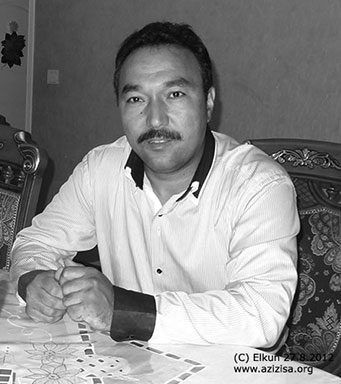
Adil Tuniyaz (b. 1970) is a well-known poet, journalist, and author of the books Questions for an Apple and Manifesto for Universal Poetry. He is often considered to be among the first generation of modernist Uyghur poets. Publishing his first poem in the journal Xinjiang Youth Daily at just 12 years old, Tuniyaz continued to pursue his passion for literature at Xinjiang University in Urumchi. After graduating in 1993, he became a journalist for Xinjiang Radio while continuing to publish his poems in literary journals, as well as several of his own collections of essays and poetry. In the late 1990s, he left his journalist role to continue his literary studies in Saudi Arabia, returning to Urumchi a decade later. In 2015, he and his wife, Nezire, opened the Light and Pen bookstore. Tuniyaz’s poetry often touches on topics such as Islamic mysticism, Uyghur culture and identity, and many contemporary themes that have made him a popular poet in Uyghur society.
- Published in ISSUE 28, Translation
I WILL REMEMBER by Rahile Kamal trans. Munawwar Abdulla
Today I did not comb my hair
I didn’t even look in the mirror
My kitchen greeted me icily
The walls eyed each other, but didn’t look at me
I wasn’t worth it to those four walls
It’s hilarious that my cat was scared of me
Is my appearance uglier than a cat
Is it so important to dress up
How did I get to this thought
To carry on for a day like I am not living
Doing whatever that comes to mind
To think like those who have gone mad
Firstly, I boiled the coffee in a saucepan
then added a touch of vinegar
I washed my socks in the dishwasher
Found holes in four places
tossed and turned it
and sensed that it was still sound
I tried calling my daughter mum
Can you believe she replied, yes my daughter
I will remember that my mother is also my daughter
I hesitated when it was my husband’s turn
because sometimes I do not recognise him
He has this one look
where my insides end up on my outside
That is the way I am tested
I will try calling him by another name
Wallander, I called, staring at him
Wallander is a Swedish inspector
He didn’t respond, so I repeated, Wallander
Your case is fairly complicated, huh
If we bear it for a day it will unravel itself
A gourd with no water will wear holes in itself from dryness
So he said, looking at himself
Carefully combing my unkept hair
I will remember my husband really is Wallander
The litterfall is my red carpet
The trees sway and flirt
On one foot I wear a boot, on the other a slipper
I wailed loudly in my Uyghur tongue
The Ili roads are winding, winding
On those winding roads, a pair of skylarks sing plaintive
Mournful skylark
I will remember the magnanimity of the trees and litterfall
I came upon a gaunt woman
She froze upon seeing me
then backed away slowly
barely holding back a laugh
Between the two of us one of us is crazy
I know I am faking crazy
If she is also faking crazy
it’s clear then we are both crazy
After the gaunt woman
I arrived upon a four-way intersection
Green, yellow, and red lights
were brushing the road’s pressure points
Ah the highest degree of mania
It is not at all like the imagination
The lights stand around
shining their eyes
There is only colour here
The colour yellow is calm
How mystical is the red
How loving is the green
Some people would say I was calm
when they became toothless snakes and bit me
They would say I was a loving woman
when they hid the sun behind their hems
They would say I was a mystical woman
when I became crazy like this
Again a green light
On yellow we prepare
Red summons
I raised my right leg
I raised it and
I saw a woman stretched out on the ground
Her white hair uncombed
On her right foot a boot, on her left a slipper
Mournful and restless
Oh, this crazy, whining woman
said the gaunt woman
whispering
Oh, this lunatic woman
said the cat
muttering
The woman lying on the floor looked like me
but was not me
The green light was still on
I will remember the countenance of the colour green
I recalled all my memories
My vinegar flavoured coffee
My holey socks
My daughter mother
Wallander
My litterfall
My madness
These are all my green lights
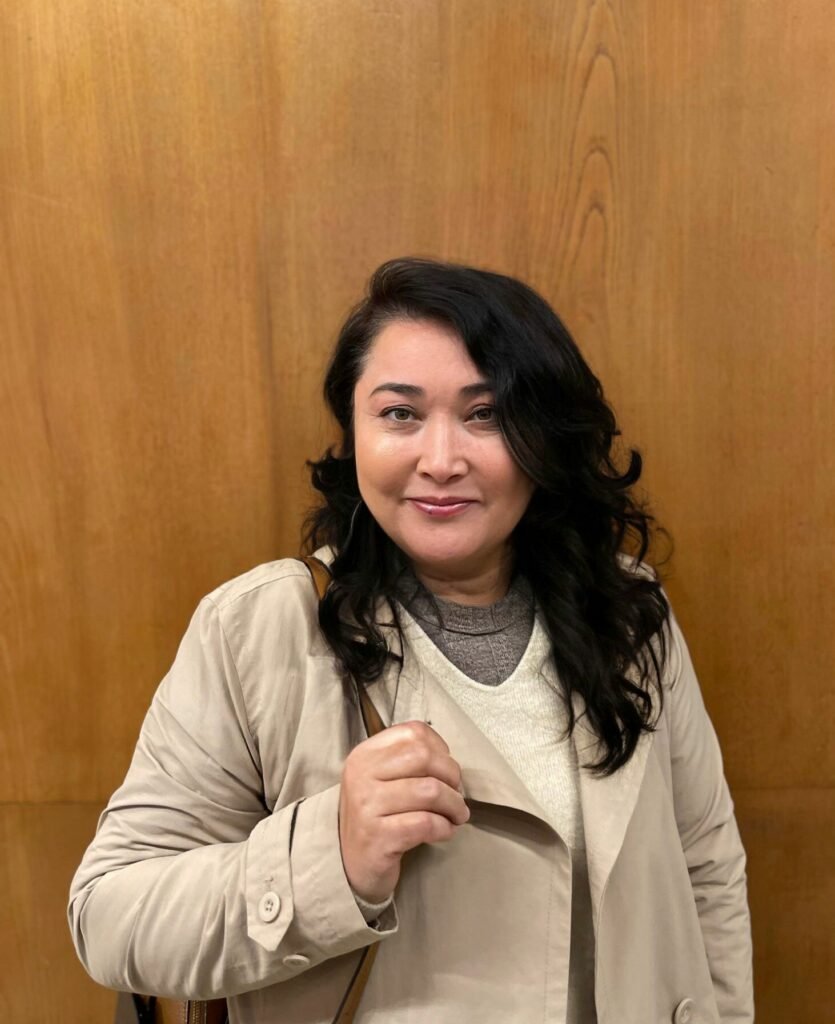
Rahile Kamal is a poet born in Ghulja, East Turkistan, where she worked as an editor, reporter, and editor-in-chief at the Ili Evening Newspaper from 1993 until 2004. She was a prolific writer, publishing numerous poems and other literary works in various newspapers and magazines, many of which received prestigious awards. However, after migrating to Sweden in 2004, it was only after 2016 that Rahile rekindled her passion for writing and began publishing again in journals such as Izdinish and Ittipaq. Her poems have been translated to Turkish, Japanese, Chinese, and English. In May 2022, she published her poetry collection titled Kamal is Gone in Istanbul, and she has upcoming work in the anthology Uyghur Poems, which will be published by Penguin Random House in November 2023.
- Published in ISSUE 28, Translation
A FLOWER THAT REFUSES TO BE POETRY by Kim Hyesoon trans. Cindy Juyoung Ok
Anything too cold
does not become poetry
Anything too hot
is not poetry
Soaking your feet
in boiling water
does not bring out poetry
Lying on the ice
with eyes wide open
does not bring out poetry
That day no one wrote poetry
They just made a call
Secretly picked up the receiver
Blew and sent off poetry
—Did they wear new clothes?
—No, just took off their old clothes.
That day no one wrote poetry and
they ripped a wedding dress
to make bandages and
held rice bowls
to make coffins to contain each of their heads
Anything too beautiful
is not poetry
That day when they opened their mouths and
cried as though for the first time
that was not poetry
merely
the blooming of an entire city
floating on the field of the earth
a flower that refuses to be poetry!
TRANSLATOR BIO:
Cindy Juyoung Ok is the author of Ward Toward (Yale University Press, 2024), a Kenyon Review Fellow, and host of the Poetry Magazine Podcast. More translations from Kim Hyesoon’s The Hell of That Star are in Bennington Review, Poet Lore, and Tupelo Quarterly.
- Published in ISSUE 27, Translation
TWO POEMS by Abdourahman Waberi trans. Nancy Naomi Carlson
Sahel! Sa(y) Hel(lo)
Mother earth The gods are seeing red The earth the sea In India an old legend persists He sings of the wandering caravan driver who didn’t What remains of our oldest forebears the reptiles |
Every Being Is UniqueI’m a sponge Heaven is on earth and nowhere else You’re getting too old, son Inscribe in your notebook these expressions The sun opens the inkwell to the day The cock’s crow As a child one sometimes confides Every being is unique |
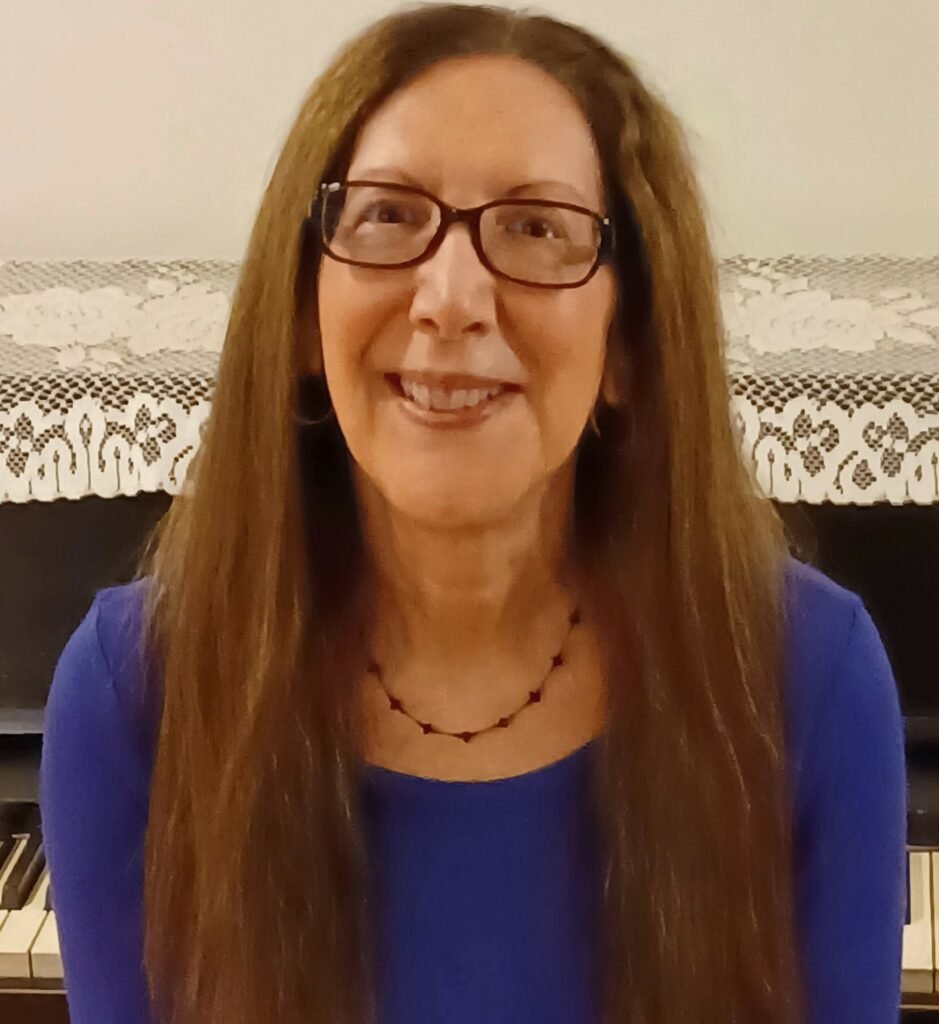
Nancy Naomi Carlson’s translation of Khal Torabully’s Cargo Hold of Stars: Coolitude (Seagull) won the 2022 Oxford-Weidenfeld Translation Prize. Her second full-length poetry collection, as well as Delicates, her co-translation of Wendy Guerra, were noted in The New York Times. She serves as the Translations Editor for On the Seawall.
- Published in ISSUE 27, Translation
THREE POEMS by Nadja Küchenmeister trans. Aimee Chor
at the base
no one quite knew how late it was
when it was too late: i came back
a breeze took my hand, the courtyard
recognized me, as always, without waking
i picked out the old names on the name plates
bein, puhahn, henke, brumm, i let them dry
no clothespins on the clothesline
where there was a puddle, no longer a puddle
where no trees stood, there stood trees
the hedge conversed with me, softly, a shadow
under the ping pong table, only the lifespan of the streetlights
seemed longer than an afternoon: mr. schatta
has slept in the graveyard for twenty-five years
for twenty-five years i have been asleep too
no one quite knows how late it is, when it is too late
benches without backrests, as always deli-counter light
the small flakes on my lips, that scrap of skin
i push around at the base of my tongue, i am.
after the conversations
it is as if your furniture had decided
on its own where it would like to stand
a circumspect silence of wood
the bed in its corner in the hall
the bookshelves, their load
mystery novels, political texts
there is nostalgia for plastic
bags near the closet i catch
a scent, harsh in its sweetness
wallpaper flakes away here and there
from the walls, where did the brownish stain
on the ceiling come from, on the dresser
a framed photo of my childhood
friends, they are still looking at you
silent and dusty: this is how one grows old.
scorpion or spider
you’re saying something about matter and dark space
and your arms spread out wide, as if you wanted
to cradle a zeppelin, stars, electrodes
voices approach, grow distant, monitors
something hisses, your lungs, and these white
machines, seductively cold, know almost everything
about you, cables, hoses, the door hangs lightly
on its hinges on a glowing hot sunday
afternoon dust motes float in the air like bird
feathers on water…we follow them
as they fall, flakes of skin fall
we do not hear the steps in the hall
until we see shoes, an animal in my back
scorpion or spider, marks the break: i could not
find a container for the teeth, i’m sorry, nor
for the toothbrush, the comb, there are more hand
kerchiefs in the bag, the phone and your reading glasses
two shirts, socks, some pairs of underpants.

Aimee Chor is a poet and translator in Seattle. Her translations have appeared or are forthcoming in Sepia, The Apple Valley Review, AzonaL, and mercury firs. She can be found on Twitter @aimeechor and at https://commonplaces.netlify.app.
- Published in ISSUE 27, Translation
INVITATION TO END by Faris Kuseyri trans. Patrick Sykes
A woman puts an orange in her husband’s pocket
and her longing I saw
they’re opening unmarked graves with warrants
and silence’s strength I saw
truth bound, the papers lie
and hate in the words I saw
grace in the bazaar, conscience in exile
and the feigned surprise I saw
driven again to my pencil’s mercy
and the invitation to end I saw
from poison mouths the children kissing the vine
and their glass bravery I saw
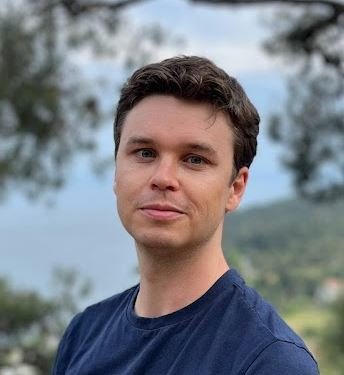
Patrick Sykes is a journalist and writer based in Istanbul, Turkey.
- Published in ISSUE 27, Poetry, Translation
from YOU by Chantal Neveu trans. Erín Moure
first his breathing then his pupils
I watch his mouth
its furrows its swells
slight circle of his irises
the black hole a tube
he sees me
impulsion
an implicit programmatics
ascension
the facades the borough
remanence of Rio
a yard a garden
the staircase
winding
its gradations
compelling
the maples
alongside
the false acacias
figuration of caresses
swirled rumour of a fountain
faint sound
metallic taste of the city
a magnetism
from palate to nostrils
infra-resonance
warm silver
low table
the flakes of fish
air under the studio ceiling
a loge
we make acquaintance
summer solstice alters the sky
we deflect curiosity by foreseeing questions
private
spheres
spontaneous revelation
the ineffable
freshness of a stream
are we already naked
bared
we expose ourselves
fluidity
gravity
propensity
the charm
the intimacy
premise of a banquet
Hephaistos
Aristophanes
vestiges dionysiae vertiges
Empedocles
happiness
tenor of futures put to the test
at ease
we name
great loves
inflections
decades
les fidélités
promises made
offenses injuries miracles
the enduring friendships
gaie santé
current genealogy
virtual group portrait
numerous
already
he stands up
draughts
the bamboo imbibe their fill of rainwater
transfer of delectation
euphoria
temptation reparation
congruency
catalysis
paradoxical privilege
incursion
permissiveness
we draw close
to kiss
convergence

Erín Moure is a poet and poetry translator. Most recently: Chus Pato’s The Face of the Quartzes (Veliz Books, 2021) from Galician, and Chantal Neveu’s This Radiant Life (which won the 2021 Governor General’s Award for translation from French and the Nelson Ball Prize). A new book of poetry, Theophylline: A Poetic Migration via the modernisms of Rukeyser, Bishop, Grimké, has just been published by House of Anansi. https://erinmoure.mystrikingly.com Photo Credit: E. Sampedrin
- Published in ISSUE 27, Translation
